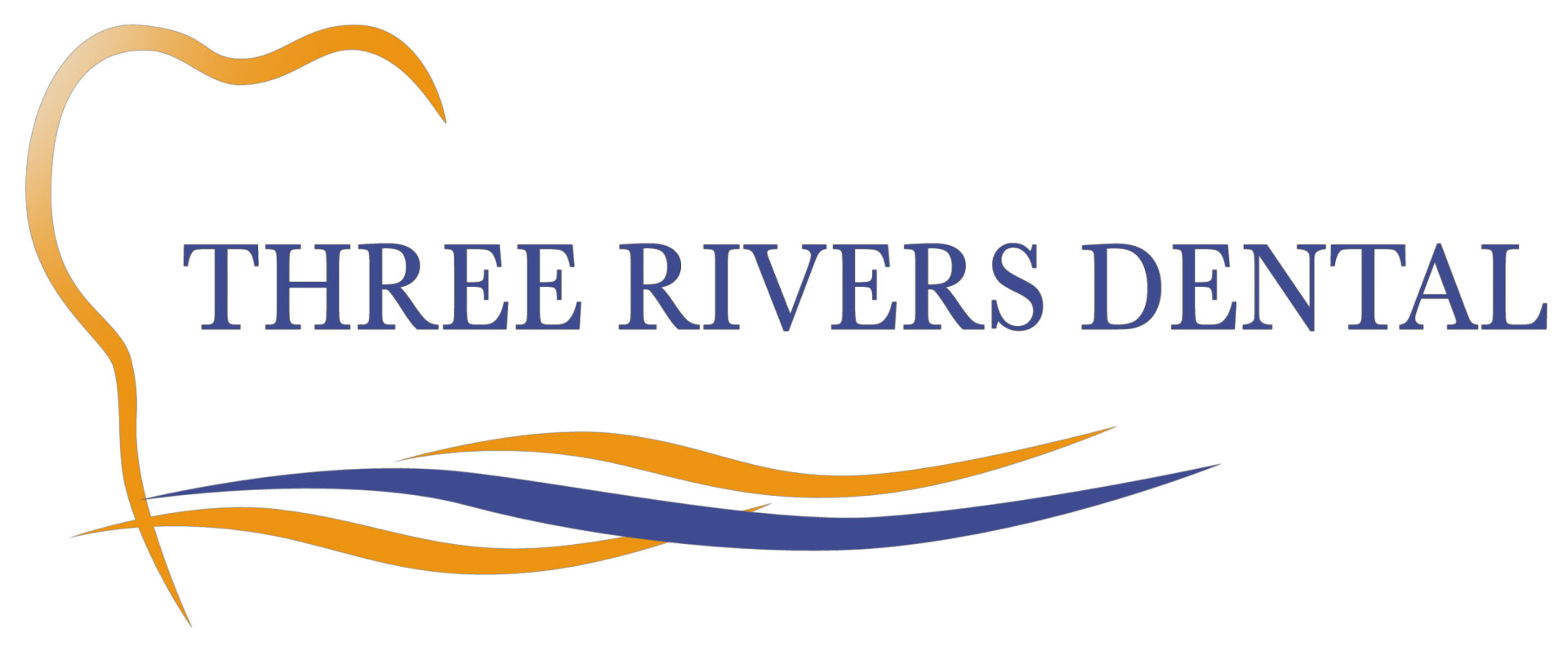When you think of phobias, what do you think of?
Acrophobia? The fear of heights?
Arachnophobia? The fear of spiders?
Ophidiophobia? The fear of snakes?
Mysophobia? The fear of germs?
Fear comes in many forms. For most Americans, one of those fears is the dentist, dentophobia. Whether it’s sitting in a reclined chair for what feels like hours, the sounds of the instruments used, the discomfort of some treatments. It leads people to put off visits that should be taken care early until they become much more serious problems.
Depending on the level of sedation the patient needs, there are various options for sedation. The most common are oral sedation, inhaled sedation such as nitrous oxide (laughing gas), IV sedation, and even general anesthesia.
They each have their benefits for specific situations, and for the uncomfortable patient, they can provide all sorts of benefits you might not have considered.
Pain Relief
Pain is arguably the number one reason people don’t like going to the dentist. No one likes tooth or gum pain. With sedation dentistry, the pain of numbing from local anesthetics can be reduced by the medications given. It’s one of the many reasons why sedation dentistry could be for you!
Anxiety Relief
One of the most positive aspects of sedation dentistry is the relief of anxiety for the more nervous type. This allows the patient to comfortably go through their procedure and removes a big reason people avoid the dentist. Anxiety manifests on a spectrum.
Some patients experience just a little pre-procedure anxiety, while others become completely overwhelmed with fear of a dental procedure. This fear prevents many people from receiving the care they need. Our sedation options all help reduce anxiety levels associated with dental treatment and oral health procedures.
Gag Reflex Suppression
A gag reflex serves a good purpose. The throat must expel any intrusive, foreign object. However, if a patient remains fully conscious while a dentist works in their mouth, the gag reflex can hinder the process.
Sometimes the dentist needs to have deeper access inside the oral cavity, and a gag reflex prevents that. The patient’s spasms can lead to damage, depending on what the dentist is doing. With sedation dentistry, the gag reflex is drastically reduced.
The Dentist Can Work Faster
Providing a patient with sedatives and anesthetics prevents squirming in the chair while the dentist works. The dentist can then work faster and more efficiently without concerns about a reaction to the procedure. This speeds up the process of getting you out of the chair and on the road to recovery.
Anterograde Amnesia
While in many situations amnesia might not be the most desirable outcome, in sedation dentistry it is very desirable. The dentophobia many people have generally stems from an unpleasant experience, and the fear generally grows with each additional visit.
This is especially true if the patient experiences any discomfort. However, with sedation dentistry, there can be no additional build-up of a phobia, because the mind can’t create any new memories. This can even help reduce the fear that the patient will have on the following visits.
So if you have been putting off having some much-needed dental work because you’re a little nervous, you are likely a good candidate for sedation dentistry. If you are unsure, schedule an appointment with us at Three Rivers Dental at any of our 4 locations to see how we can help.
